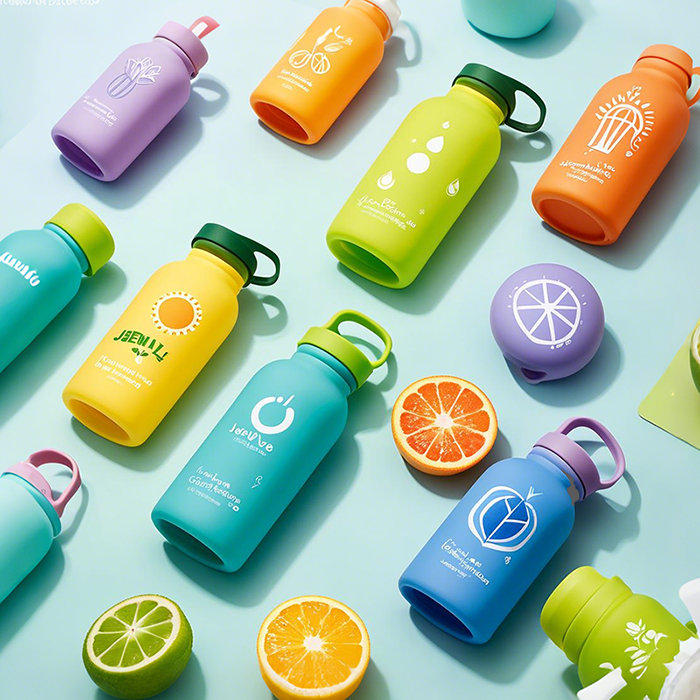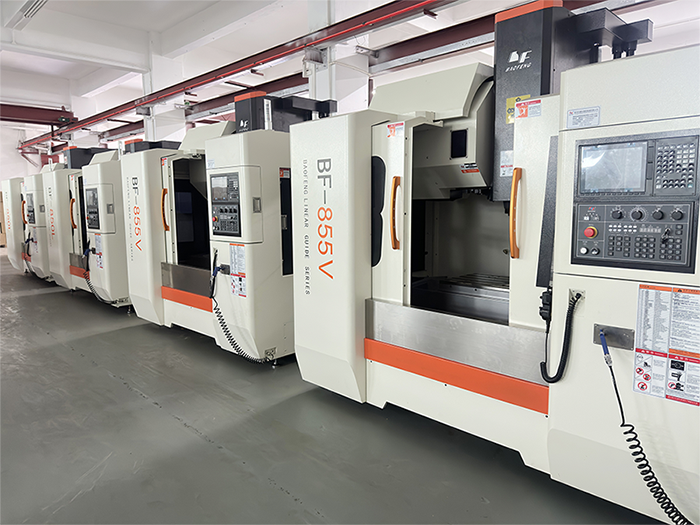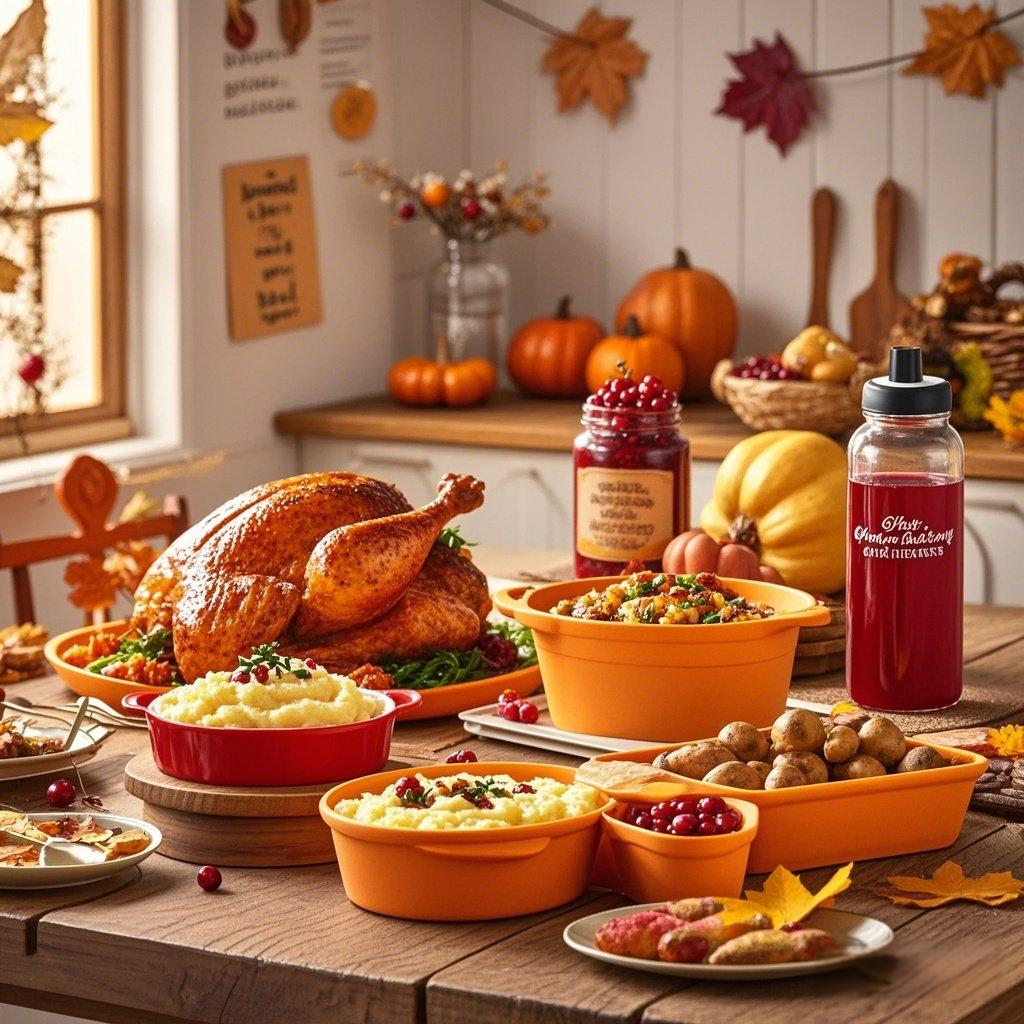Contenido
LFGB vs FDA Food-Grade Silicone: What’s the Difference?
When it comes to silicone kitchenware, bakeware, and food storage containers, the terms LFGB silicone and FDA silicone often appear on product descriptions. Both certifications are designed to ensure that silicone materials used in food contact are safe, but they differ in testing standards, scope, and strictness. Understanding these differences helps consumers and businesses choose the right products for their needs.
What Is Food-Grade Silicone?
Food-grade silicone is a non-toxic, BPA-free, and odorless material that is widely used in baby products, baking tools, utensils, and silicone lunch boxes. It can withstand high and low temperatures, making it safe for use in ovens, microwaves, refrigerators, and dishwashers.
The safety of food-grade silicone depends on whether it meets international testing standards, the two most recognized being FDA (United States) and LFGB (Germany/Europe).
What Is LFGB Certification?
LFGB stands for Lebensmittel-, Bedarfsgegenstände- und Futtermittelgesetzbuch (German Food & Feed Code). It is one of the most comprehensive food safety standards in the world.
Testing Scope: LFGB requires testing for heavy metals, volatile organic compounds (VOCs), polycyclic aromatic hydrocarbons (PAHs), odor and taste transfer, and extractable chemical substances.
Strictness: LFGB tests are stricter than most international standards. Products must not release any harmful substances into food and must not affect food taste or smell.
Market Application: Required for silicone products sold in Germany and France. Products that pass LFGB are often labeled as “Platinum Silicone”, meaning they meet higher quality and safety benchmarks.
Recognition: LFGB compliance is often indicated by the “Knife and Fork” symbol, which certifies that the product is approved for food contact in the European Union.
What Is FDA Certification?
The FDA (Food and Drug Administration) is the regulatory authority in the United States that oversees food safety, including materials in contact with food.
Testing Scope: FDA 21 CFR regulations for silicone cover chemical composition, curing conditions, and migration of substances.
Application: FDA-certified silicone is widely accepted in the United States, Australia, and many international markets.
Features: Safe, flexible, durable, and resistant to heat and cold. FDA silicone is more cost-effective compared to LFGB, making it popular for mass-market products such as baking molds, baby feeding products, and silicone seals.
Key Differences Between LFGB and FDA Silicone
| Característica | LFGB Silicone | FDA Silicone |
|---|---|---|
| Region | Germany, France, EU markets | USA, Australia, widely used globally |
| Strictness | More comprehensive & strict | Standard safety testing |
| Testing | Heavy metals, PAHs, VOCs, odor/taste transfer | Basic chemical migration & safety tests |
| Quality | Higher quality, “Platinum Silicone” | Standard food-grade quality |
| Coste | More expensive due to strict testing | More affordable and widely available |
How to Tell the Difference?
A practical way to identify the difference is through the “stretch test.”
FDA Silicone: When pulled or twisted, the material often shows a temporary white mark.
LFGB Silicone: No white mark appears when stretched, indicating higher purity and fewer fillers.
Which Should You Choose?
For European markets (especially Germany and France): LFGB certification is essential.
For the U.S., Australia, and general international markets: FDA certification is sufficient.
For premium brands and products that emphasize safety and quality: LFGB-certified silicone is the preferred choice despite its higher cost.
Why Choose Jewelives as Your Silicone Product Manufacturer?
En Jewelives, we specialize in producing customized silicone products that meet both FDA and LFGB standards. With over 21 years of manufacturing experience, we provide safe, durable, and innovative solutions such as:
Silicone lunch boxes and bento boxes
Silicone baby feeding products
Silicone food storage bags and kitchenware
OEM & ODM customized designs
Our factory is certified with BSCI, Sedex, ISO 9001, Disney FAMA, and GMP, ensuring that every product meets global safety and ethical standards.
Conclusion
Both LFGB silicone and FDA silicone are safe for food contact, but they differ in testing standards and strictness. LFGB-certified silicone is more rigorous and is often considered the premium choice, while FDA-certified silicone is widely accepted and cost-effective. When choosing silicone kitchenware or baby products, consider your market requirements and prioritize safety and quality.




